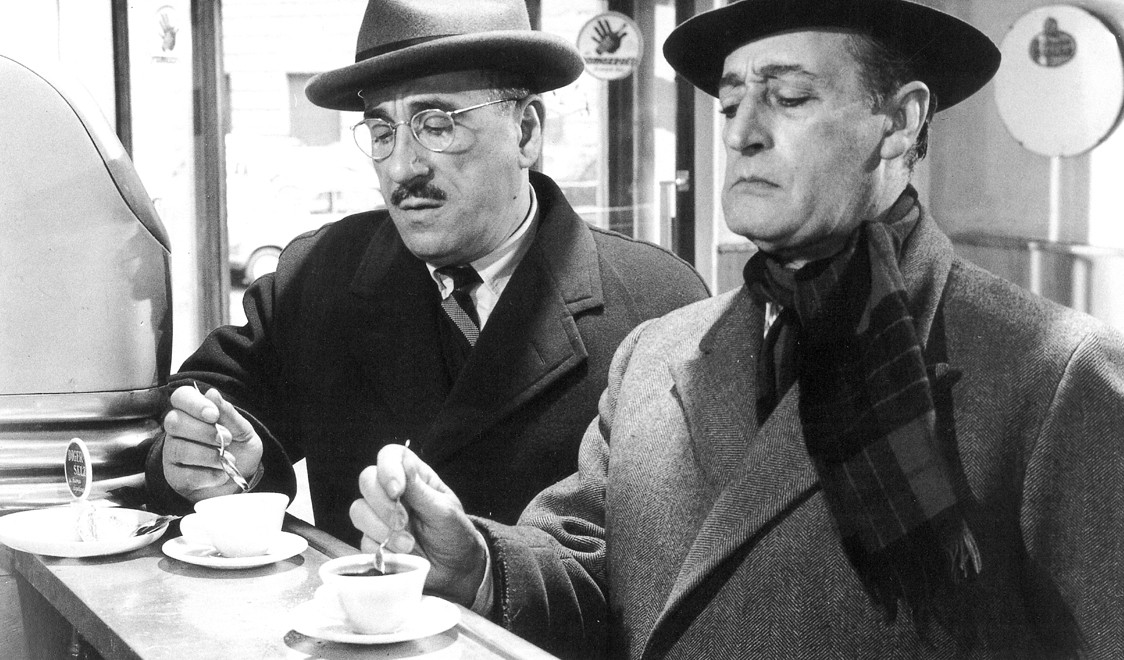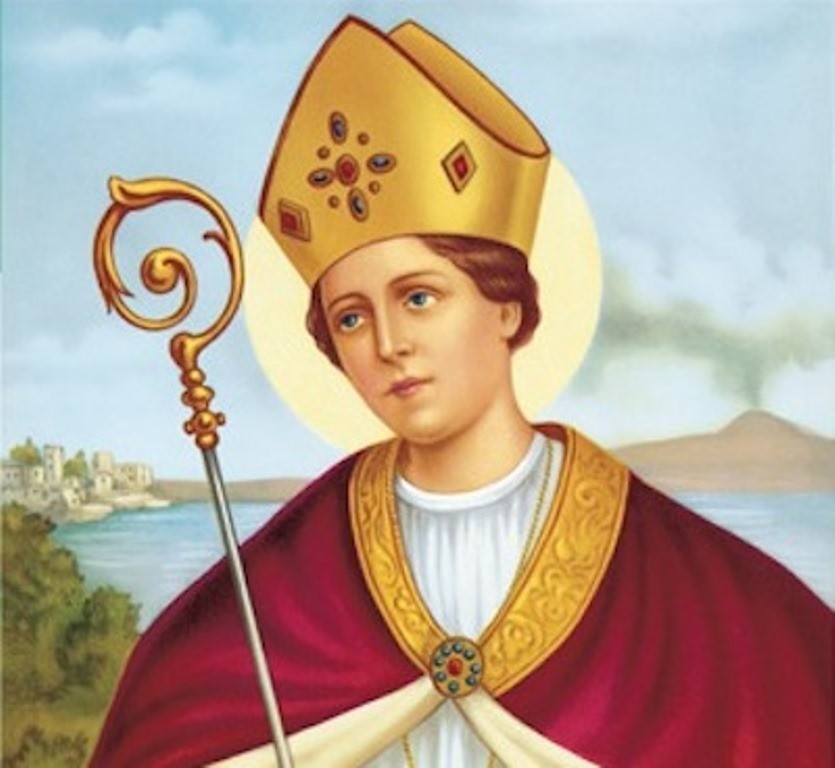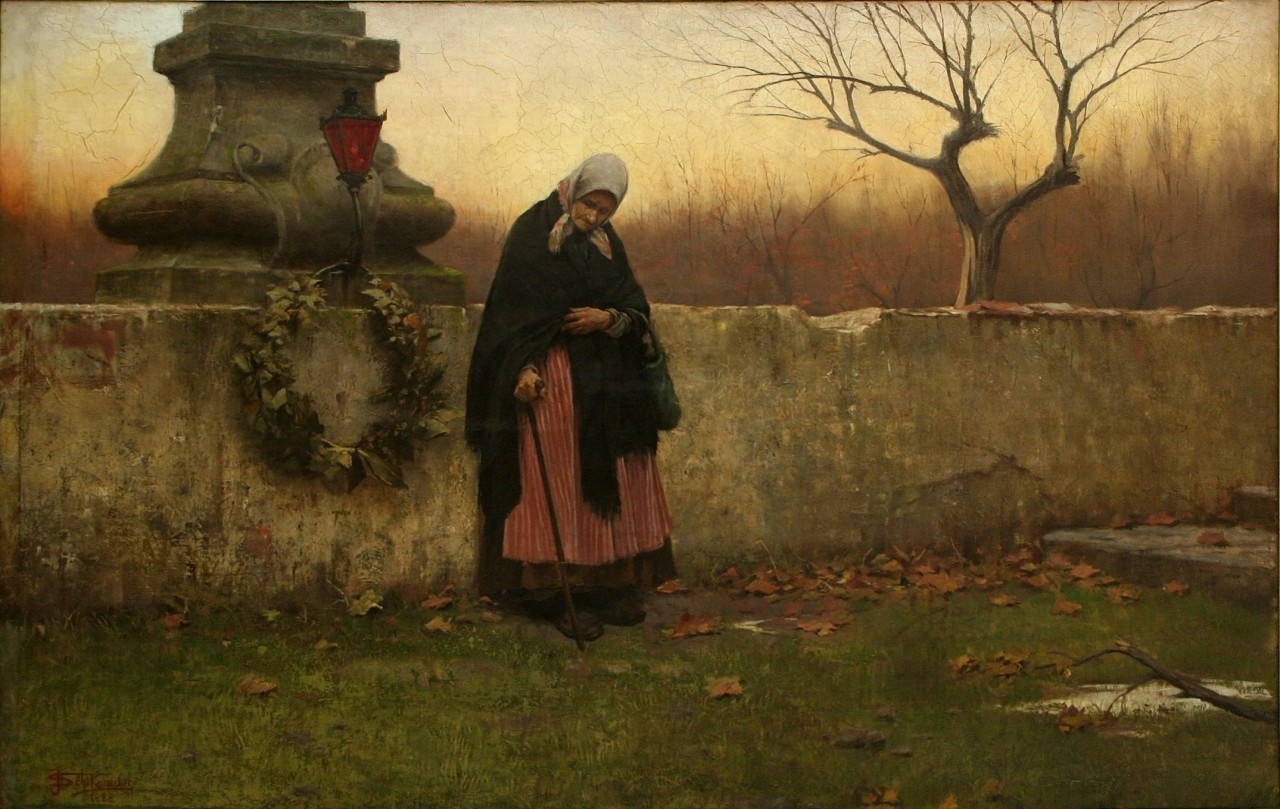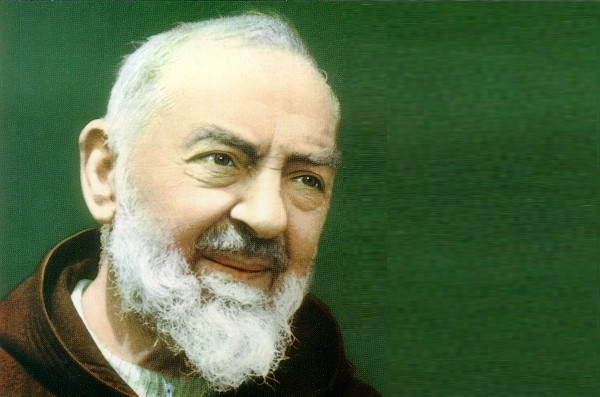Italians have not invented coffee, yet the passion they have for it makes the rest of world believe they discovered it. Around the end of the sixteen century, it was Venice where coffee was first introduced. Thanks to its trade relationship with the Eastern countries. Initially, coffee was considered a valuable beverage due to its high price, but w...
It's said Italy was a country of Saints, poets and navigators. There's no more trace of the poets and navigators but, fortunately, there are traces of the Saints. All the Italian towns are voted to a Saint and one of these is San Gennaro, well-known for his miracle. Who was San Gennaro? San Gennaro was born between Naples and Benevento in 272 AD (t...
November 2nd is All Souls' Day, a Catholic feast dedicated to the memorial of the dead which, according to tradition, can be dated back to ancient times. This day, in almost every country, the dead are remembered with different rituals and customs, yet the aim is just one: give some consolation to the souls of the dead. Although the tradition might...
Padre Pio of Pietrelcina was a presbyter of the Order of Friars Minor Capuchin who was born on May 23, 1887, in Pietrelcina, Italy, to die 81 years later on September 23, 1968, in San Giovanni Rotondo, Italy. The Catholic Church recognized him as a Saint on June 16th 2002, on which the aforementioned John Paul II, decreed him Saint. Since then, the...







